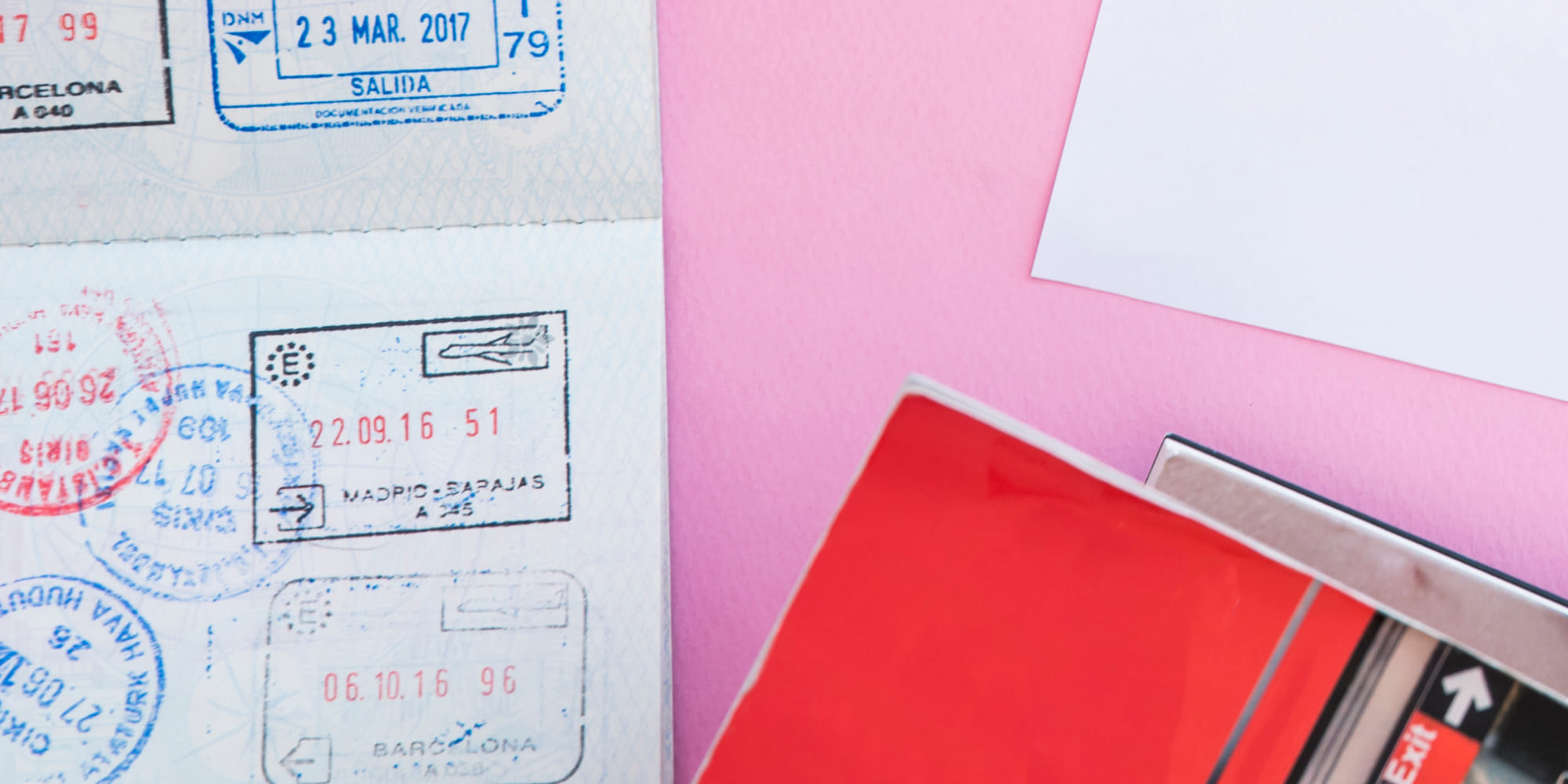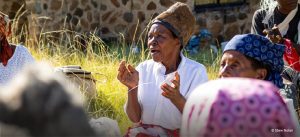South Africa’s captivating coastlines and unique ecosystems attract millions of travellers every year. With tourism bringing in an estimated $10 billion (€ 8.2 billion) to the economy and employing millions throughout the country.
However, South Africa’s tourism industry suffered a major setback in 2020, when COVID-19 reached the country’s shores. Before the pandemic, international visitors in South Africa spent over $30,000 (€27,000) per minute while criss-crossing the nation. A figure that seems insurmountable in today’s South Africa, as tourism companies search for new ways to make up for lost time.
How can South Africa revive its tourism industry?
Industry leaders at the World Travel Market Africa event in Cape Town, South Africa are convinced that the antidote to the ailing tourism sector is the fast-tracking of digital nomad visas. This ambitious visa regime would allow international remote workers to stay in the country for longer than 90 days and up to a year in total.
“There are a number of destinations that have done this like Dubai, Greece and Maldives. Those destinations have seen an overall growth in tourism numbers,” explains Velma Corcoran, Country Manager for Sub-Saharan Africa at Airbnb.
“What we have done as Airbnb is work closely with the Italian Ministry of Tourism to support them in lobbying for a digital nomad visa.”
President of South Africa, Cyril Ramaphosa, describes the remote work visa as a tool to enable economic growth. However, while this is under review by the government, South Africa faces the double threat of safety issues and skills shortages.
Crime rates in South Africa: An ongoing issue
Safety is South Africa’s achilles heel, and crime affects domestic and international visitors alike. In the last three months of 2021, murder rates increased by 8.9 per cent and hijackings rose by 13.8 per cent.
“We must deal with another major challenge, a challenge which was well articulated to me by the President of China who told me that many Chinese tourists want to come to South Africa and Africa, but the issue that is holding them back is crime,” says President Cyril Ramaphosa.
Unless the government acts to increase safety measures in the country, it is likely that some tourists will continue to be put off by crime statistics.
A shortage of skilled workers
The pandemic has left a huge gap in South Africa’s skilled labour market too. And while the tourism industry is crying out for more international and domestic travellers, the reality is that the country could struggle to meet their demands.
The government’s job retention support scheme lessens the burden, explains Monika Iuel, Chief Marketing Officer at WESGRO, but more still needs to be done to support the industry. She believes that digital technology will play an important role in closing the gap.
“I think the government’s scheme for payroll alleviation was a little support. I do not think it was anywhere sufficient because tourism and the hospitality industry are a big service industry,” says Iuel.
“For WESGRO, digital communications has gone on steroids because the only way to reach the consumer is on digital platforms.”
Will introducing a digital nomad visa help tourism?
There’s no doubt that introducing a digital nomad visa would provide a welcome boost for the tourism industry.
Should South Africa give the visa the greenlight, it will become the first mainland African country to offer visitors a long-term remote visa, joining the African island nations of Mauritius, Seychelles and Cape Verde.
While the finer details have yet to be confirmed, it is likely that there will be a minimum salary requirement for tourists applying for the visa, as well as rules regarding health insurance, proof of work and accommodation.
Source: euronews






